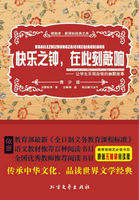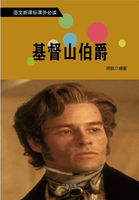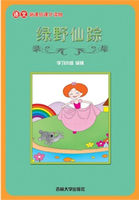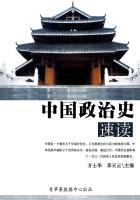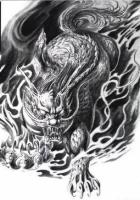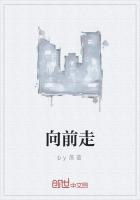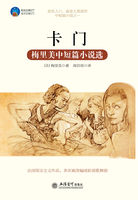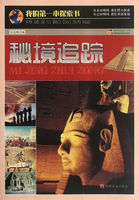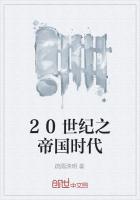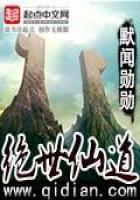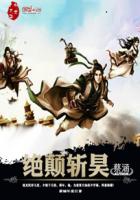Well - did they ? A good part of the public felt that the subject (and owner )of a portrait had the right to get rid of it if it made him so unhappy.The question, however, has been raised many times before: who has the right to a work of art - the sitter, the owner, the donor, or the artist who created it?And when the painting is the portrait of a historical figure, should the right of posterity be considered, as the historians claimed?Another question comes to mind: who is qualified to judge a portrait?Graham Sutherland had told Sir Winston that he would paint him“as he saw him”. Churchill never had a chance to see the work in progress since the painter refused to show it to him.He found out only when he received his present that Sutherland had seen him as a heavy, sick, tired old man.Since he hated old age, he was naturally hurt and offended.But was the portrait a good one, as many (including the painter ) said ? Or was it bad and offensive as others (and the sitter ) thought ? Who is to judge ? It is well known that we never see ourselves as others see us; but do we see ourselves better than they do?None of these questions have been answered yet to everybody s satisfaction.
1.To have Churchill s portrait painted was the idea of.
A.a well-known modern artist B.Parliament.C.a friend of Churchill s D.Lady Churchill.
2.When Churchill said it was “a fine example of modern art”he was.
A.dishonest B.joking.C.praising the portrait D.being diplomatic.
3.When was the destruction of the portrait known to the public?A.As soon as it happened.
B.After Churchill died in 1965.
C.Soon after Lady Churchill s death.
D.Not until recently.
4.Graham Sutherland painted Churchill.
A.as a heavy, sick, tired old man.
B.as a person much younger than his age.
C.according to Churchill s instructions.
D.according to Lady Churchill s descriptions.
5.This article is mainly about.
A.a world-famous British prime minister.
B.a British Parliament decision.
C.the destruction of a portrait of a historical figure.
D.Churchill s portrait and its painter.
Although Beethoven could sit down and make up music easily, his really great compositions did not come easily at all.They cost him a great deal of hard work.We know how often he rewrote and corrected his work because his notebooks are still kept in museums and libraries.He always found it hard to satisfy himself.
When he was 28, the worst difficulty of all came to him.He began to notice a strange humming in his ears.At first he paid little attention;but it grew worse, and at last he consulted doctors.They gave him the worst news any musician can hear: he was gradually going deaf.Beethoven was in despair;he was sure that he was going to die.
He went away to the country, to a place called Heiligenstadt,and from there he wrote a long farewell letter to his brothers.In this he told them how depressed and lonely his deafness had made him.“It was impossible for me to ask men to speak louder or shout,for I am deaf,”he wrote.“How could I possibly admit an infirmity in the one sense (hearing) which should have been more perfect in me than in others.... I must live like an exile.”He longed to die, and said to death,“Come when you will, I shall meet you bravely.”
In fact,Beethoven did something braver than dying.He gathered his courage and went on writing music, though he could hear more and more faintly.He wrote his best music, which we remember him for, after he became deaf.The music he wrote was very different from any that had been composed before.Instead of the elegant and stately music that earlier musicians had written for their wealthy listeners, Beethoven wrote stormy, exciting,revolutionary music, which reminds us of his troubled and courageous life.He grew to admire courage more than anything, and he called one of his symphonies the“Eroica”or heroic symphony,“to celebrate the memory of a great man ”. Describing the dramatic opening notes of his famous Fifth Symphony, he said,“thus fate knocks on the door.”
In time Beethoven went completely deaf, so deaf that he could not hear even the stormiest parts of his exciting music.But in those years he wrote more gloriously than ever.He could“hear”his music with his mind, if not with his ears.His friends had to write down what they wanted to say to him.He was lonely and often unhappy, but in spite of this, he often wrote joyful music.In his last symphony, the Ninth, a choir sings a wonderful Hymn of Joy.Because of his courage and determination to overcome his terrible disaster, his music has given joy and inspiration to millions of people.
1.To say that Beethoven was“in despair”means that he.
A.was very frightened B.was unhappy.
C.had given up hope D.was dying.
2.The word“infirmity”in the third paragraph means.
A.weakness B.deafness.
C.illness D.loss.
3.In the fourth paragraph we are told that Beethoven.
A.died bravely.
B.began to write for wealthy listeners.
C.courageously continued to write music.
D.regained his hearing.
4.Which of the following best describes Beethoven s music composed when his hearing began to fail?A.Stately and elegant.B.Stormy and exciting.
C.Quiet and unhappy.D.Loud and noisy.
5.Which of the following titles best sums up the whole passage?A.The Story of Beethoven s Life.
B.Beethoven Becomes Deaf.
C.The Music of Beethoven.
D.Beethoven s Courageous Triumph Over Tragedy.

